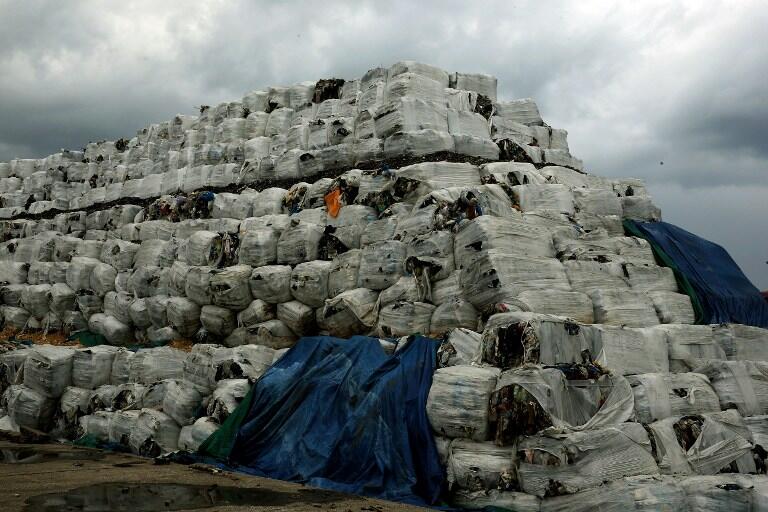Translated from Arabic by Zeina Nasser
Success has many conditions, and this is what we see nearly in all fields. A Good crop first requires a fertile ground, that is cultivated, well prepared, and appropriate for the quality of plants that are to be grown in it. It also requires seeds that are of good quality, in addition to continued irrigation and care (removing harmful wastes, and other processes for the proper growth of plants).
Reviewing others’ experiences is both necessary and beneficial, in order to come up with lessons from them, and to reveal their logic and structure, powerful elements, and the conditions for achieving them.
After that, we return to examine our reality, and to adapt with our experiences and the experiences of others, to provide the best conditions for the application of what is appropriate for us, and working on achieving it, along with the targets required for that to happen.
If we tried to project this structure of thinking on what our society is looking for regarding policies and options for integrated waste management in Lebanon, we see that there are many conclusions, which can constitute a successful, sustainable, and affordable, integrated management, originally based on the rational viability of each option according to clear and sustainable environmental, economic, and developmental criteria. But why don’t all these beautiful words get translated into real actions?
I think that we lack the basic conditions until now. We do not yet have the three components that form the basis for discussing anything else. In Lebanon, we do not have a “state”, “statesmen” or “a rational policy for statesmen.”
We do not have a “state”, but unorganized farms in the system. We do not have “statesmen,” but a group of influential people at the levels of power, whose only concern is achieving their personal interests, instead of working on achieving the public interests of the country.
Instead of planning to achieve development, they work on implementing projects that are not a goal by themselves. Their direct goal is achieving gains and deals for the benefit of the forces in power, according to a quota system they fight for every time, and then make a settlement, and resort to other quotas, and so on … They deceive the country by saying that they are achieving development, but in fact, they are just providing budgets for specific projects, which do not form a structure that is integrated in a comprehensive, balanced, and sustainable development.
This is evident in the complete absence of rationality in policy development, and identifying options, and steps of implementation and the results of actions. This is evident under this authority, which changes the State into a fragile and ineffective one, and exercises its authority through quotas in which it robs the funds and resources of the country, by resorting to absurd options, that have nothing to do with rationalization measures. This context is represented vividly in the state’s management of the waste file in Lebanon.
Indeed, the principles of mitigation, avoidance, and recovery, form objective grounds for a rational policy regarding the waste management file in Lebanon.
However, achieving them requires the establishment of the state, and the establishment of an authority that is composed of statesmen, ruled by rationality in determining the policies and choices for achieving sustainable development, and managing the waste file according to the national interests in the economy, the environment, health and sustainable development.
With the continuation of this dominating power in Lebanon, we do not expect a rational solution based on economic, environmental and development feasibility for the waste file, neither do we expect successful policies for any other file in the country. The condition for Integrated waste management is the change in the nature of the political power.











